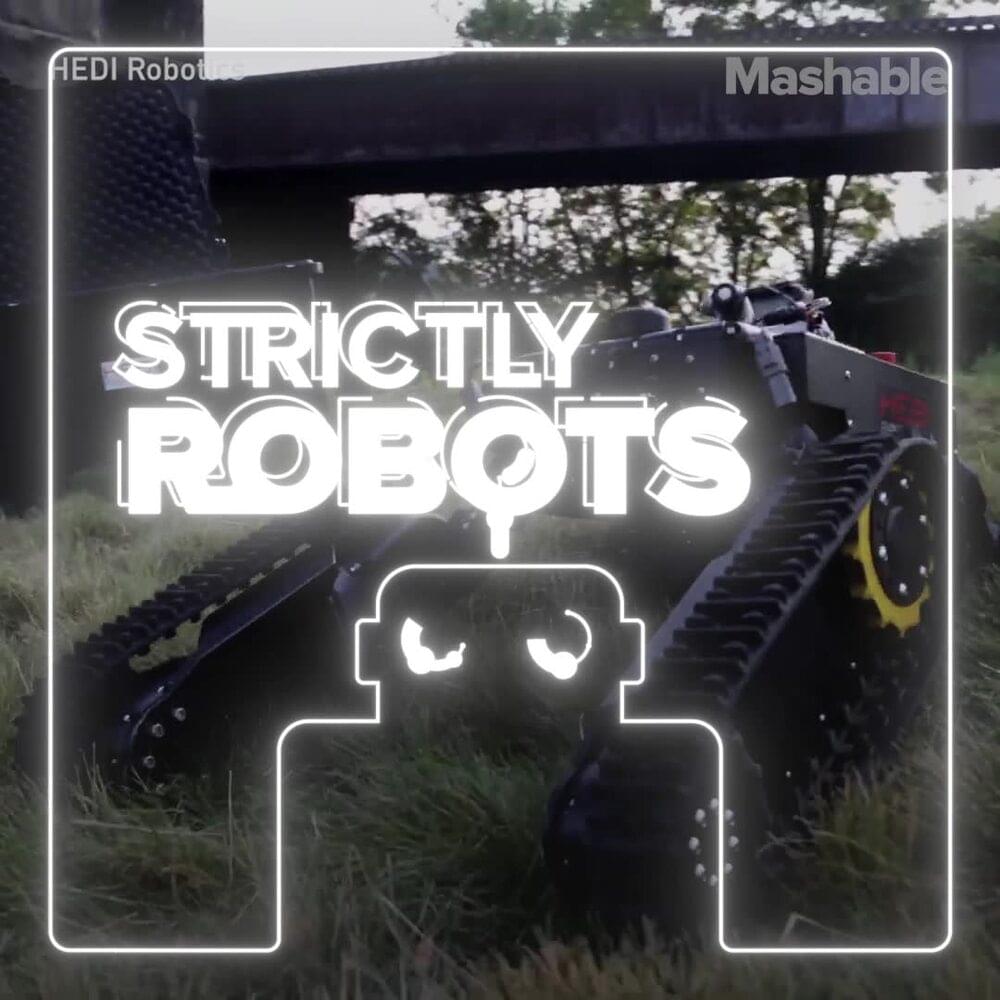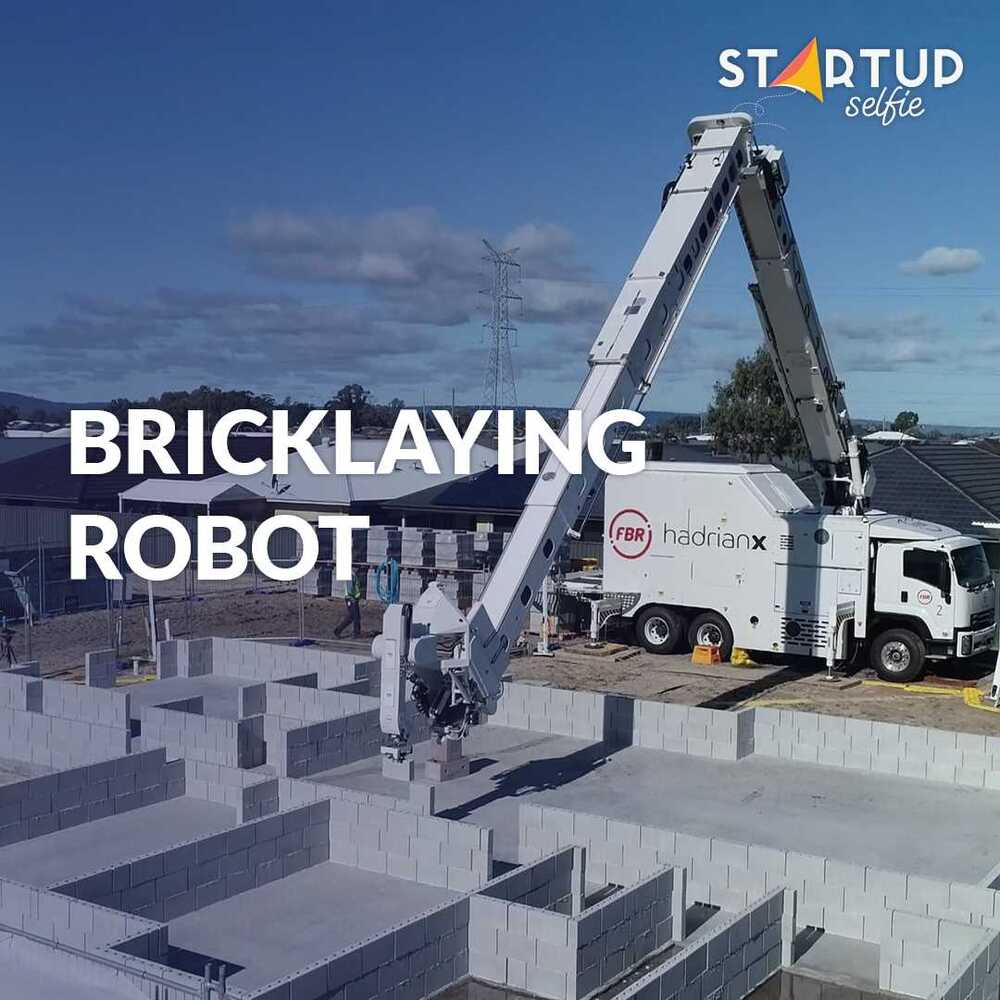Recently, OpenAI opened public access to GPT-3, one of the world’s most sophisticated AI writing tools. It might fool you in a conversation.
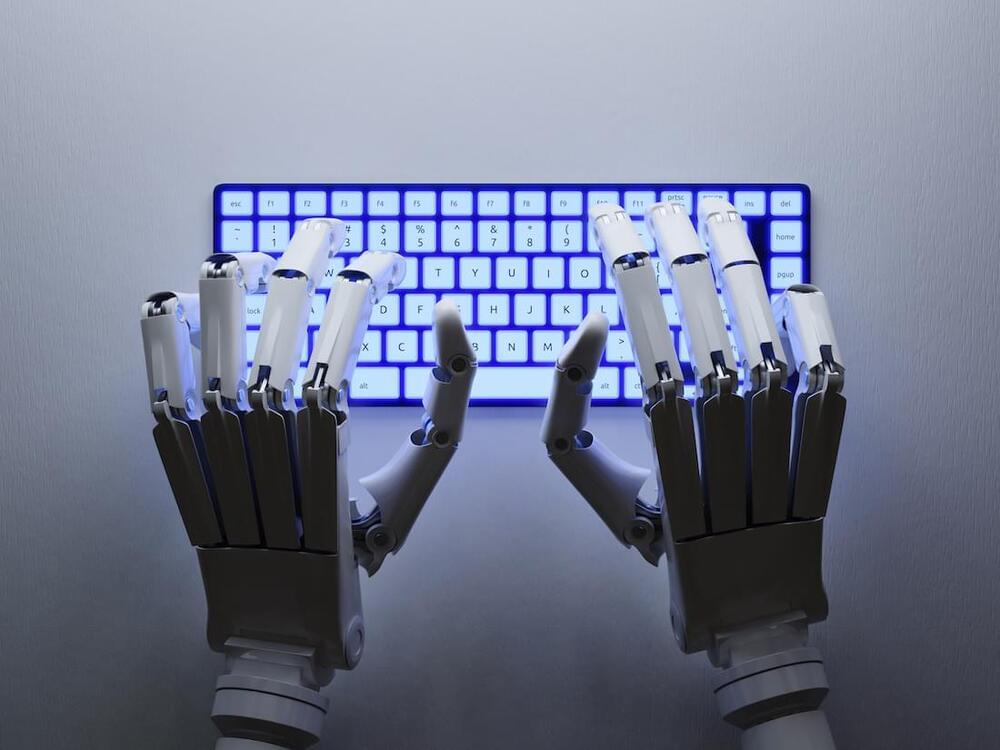

Recently, OpenAI opened public access to GPT-3, one of the world’s most sophisticated AI writing tools. It might fool you in a conversation.
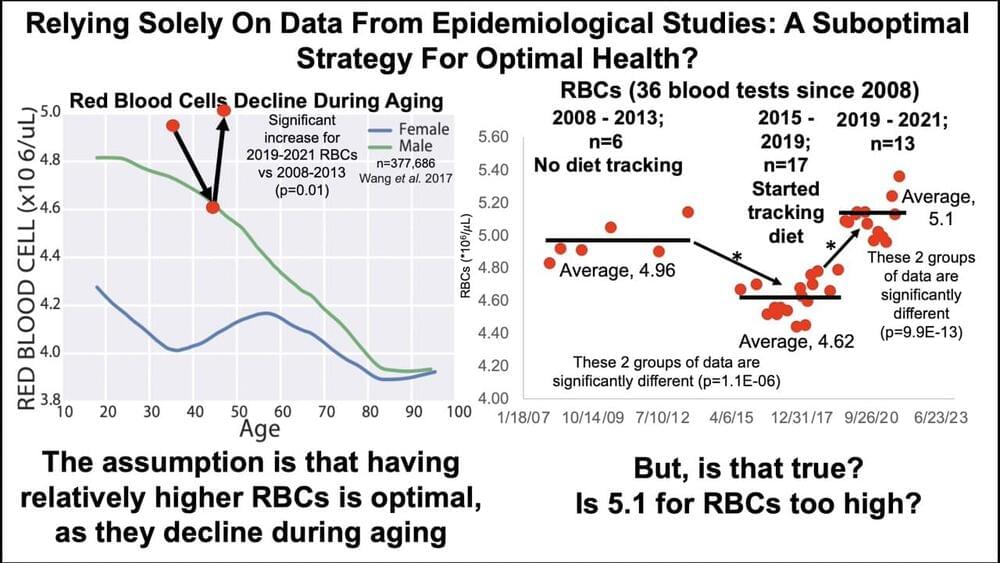
Join us on Patreon!
https://www.patreon.com/MichaelLustgartenPhD
Paper referenced in the video:
Predicting age by mining electronic medical records with deep learning characterizes differences between chronological and physiological age.
https://pubmed.ncbi.nlm.nih.gov/29113935/
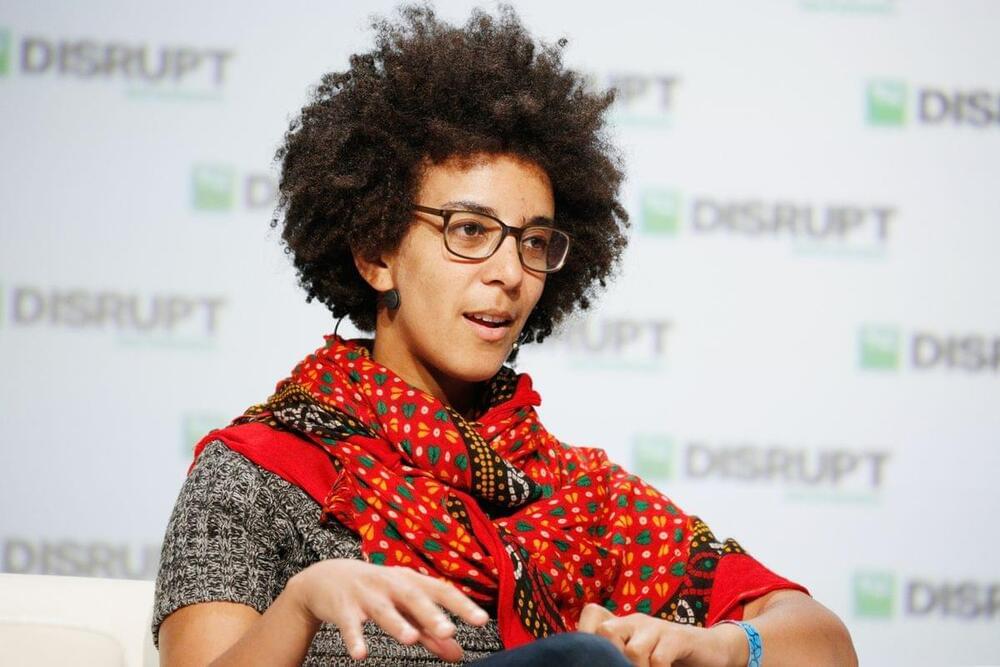

The biggest hurdle of developing an Artificial Intelligence which could match the human brain in both efficiency and capabilities is the enormous energy consumption of today’s computer chips. But recent advancements in neural-optimized chips and the emergence of the first neuromorphic computing chips, start painting a clearer picture on how we may soon develop an Artificial Intelligence which matches and even beats us in most areas.
Timing is crucial when it comes to brain computing. It’s the way neurons connect to form circuits. It’s how these circuits analyze extremely complicated data, resulting to life-or-death decisions. It’s the ability of our brains to make split-second judgments, even when confronted with completely novel situations. We accomplish this without frying the brain as a result of excessive energy usage.
To summarize, the brain is a wonderful example of a very powerful computer to imitate, and computer scientists and engineers have already taken the initial steps in this direction.
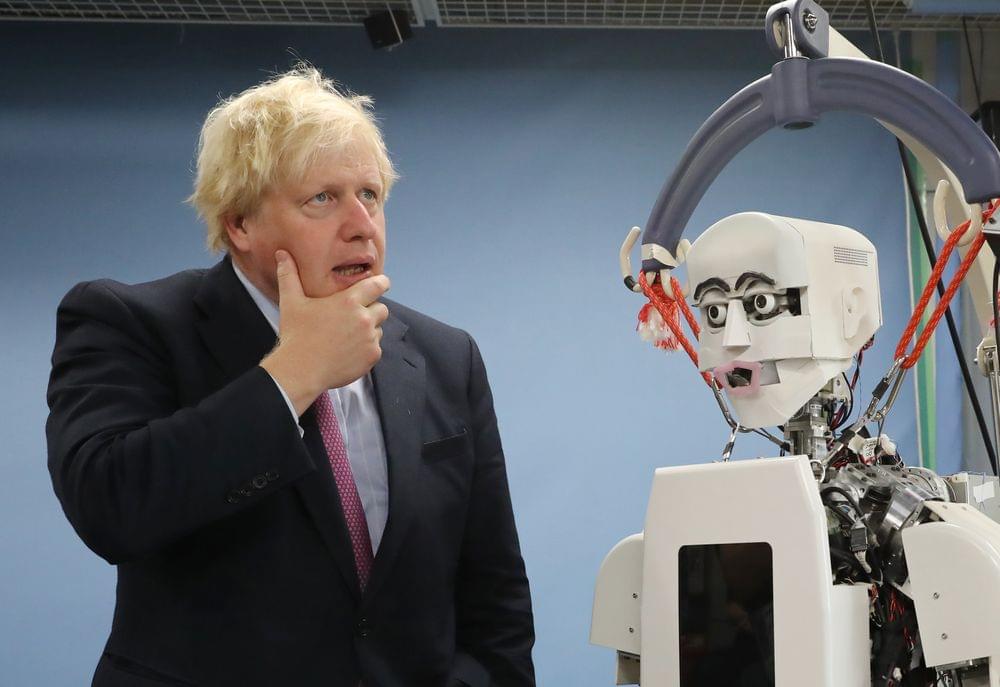
PolyAI Ltd. is an ambitious startup that creates artificial voices to replace call center operators. Based in London, it has raised $28 million to bring AI-powered customer service to Metro Bank Plc, BP Plc and more. The idea is that instead of the nightmare of dialing random digits in a decision tree, you can instead ask to, say, book a table and a voice — with just the slightest inflection of its machine-learning origins — responds with great civility. That’s nice. But there was a brief moment two years ago when it wasn’t polite at all.
A software developer with PolyAI who was testing the system, asked about booking a table for himself and a Serbian friend. “Yes, we allow children at the restaurant,” the voice bot replied, according to PolyAI founder Nikola Mrksic. Seemingly out of nowhere, the bot was trying make an obnoxious joke about people from Serbia. When it was asked about bringing a Polish friend, it replied, “Yes, but you can’t bring your own booze.”
Full Story:
Money is pouring into artificial intelligence. Not so much into ethics. That’ll be a problem down the line.
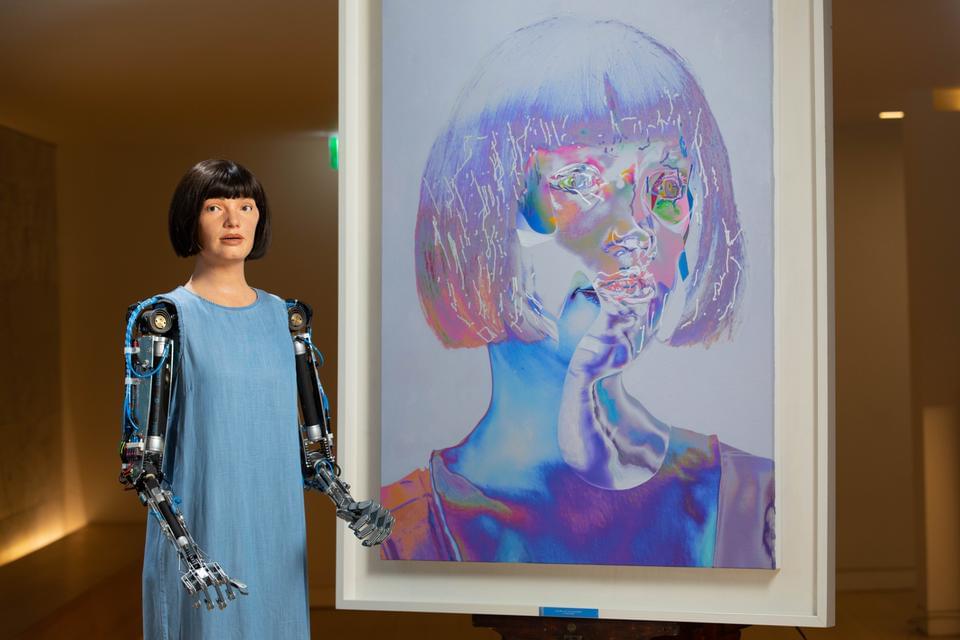
Dante’s Divine Comedy has inspired countless artists, from William Blake to Franz Liszt, and from Auguste Rodin to CS Lewis. But an exhibition marking the 700th anniversary of the Italian poet’s death will be showcasing the work of a rather more modern devotee: Ai-Da the robot, which will make history by becoming the first robot to publicly perform poetry written by its AI algorithms.
The ultra-realistic Ai-Da, who was devised in Oxford by Aidan Meller and named after computing pioneer Ada Lovelace, was given the whole of Dante’s epic three-part narrative poem, the Divine Comedy, to read, in JG Nichols’ English translation. She then used her algorithms, drawing on her data bank of words and speech pattern analysis, to produce her own reactive work to Dante’s.
Full Story:

